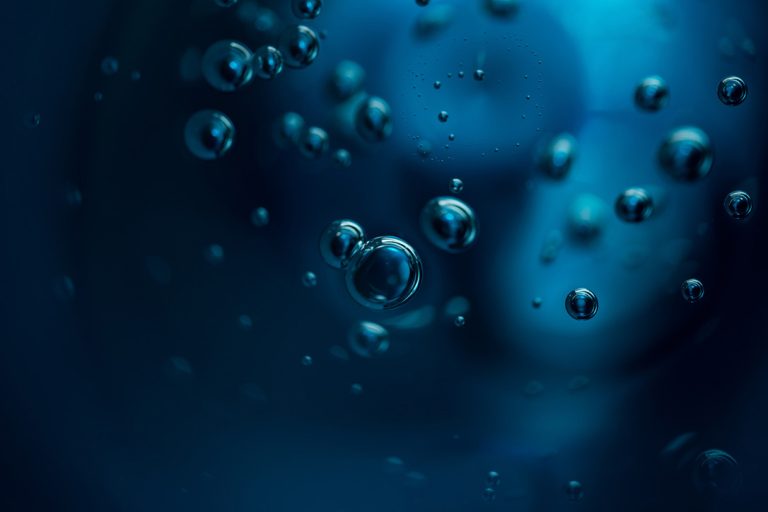A shift in refinery thinking is redrawing the contours of profit in an industry long defined by the tug of war between high-value cuts and stubborn residues. Behind the scenes, a novel emulsion technology is challenging the assumption that heavy fuel oil has to remain a low-margin by-product. As refiners grapple with tighter emissions rules and slimmer spreads, this method is emerging as a pressure valve for releasing trapped value, and it arrives with a surprisingly modest price tag.
From the moment crude enters the distillation train, refiners prize the light ends but find themselves compelled to surrender a slice of middle distillates simply to make residual streams flow. Those so-called cutter stocks carry higher margins, yet they are routinely blended into fuel oil at up to 40% of the mix to hit viscosity targets. The remainder sells at a hefty discount to crude, creating an economic drag. The emulsion platform under discussion replaces the lion’s share of those distillates with water, often even recycled process water, and a finely tuned cocktail of proprietary additives. The result is a stable, pumpable heavy fuel that meets all specifications without sacrificing refinery economics.
What sets this approach apart is the speed and capital efficiency of deployment. Rather than rebuilding cokers or installing energy-intensive upgrading units, the system can be grafted onto existing infrastructure in under a year, typically tying in to planned maintenance shutdowns. For an installation sized to handle around one thousand tonnes per day, headline figures suggest an uplift in refinery margin north of US$30 million annually. Even under conservative fuel spreads, payback emerges well inside eighteen months. For an industry accustomed to multibillion-dollar investments and drawn-out project schedules, this represents an unusually rapid and cost-effective means of margin relief.
The timing could hardly be better. Environmental mandates, spearheaded by the International Maritime Organization’s 2020 sulphur cap and pending carbon constraints, have squeezed heavy fuel oil users and producers alike. Fleets have diversified bunker portfolios, while refiners have scrambled to optimise yields across middle distillates and low-sulphur grades. By freeing up cutter stocks, the emulsion pathway not only bolsters diesel and heating oil inventories but also enhances flexibility in navigating differential swings between gasoil and residuals. In commodity cycles where diesel trades at a premium to fuel oil, every barrel of reclaimed distillate translates into a direct boost to the bottom line.
Beyond economic gain, the technology carries an environmental dividend. Its bio-derived variant incorporates refined glycerine, a by-product of biodiesel manufacture, and can cut lifecycle greenhouse-gas intensity by up to 30% versus conventional heavy fuel oil. That aligns neatly with corporate decarbonisation roadmaps and net-zero pledges, offering refiners a tangible lever to shrink Scope 1 emissions with minimal process reengineering. As markets brandish low-carbon credits and compliance costs rise, the prospect of turning a residue into an accredited, lower-carbon fuel adds another layer of value.
In practice, the flexibility of the platform extends across a swath of residue streams, vacuum tower bottoms, pitch cuttings and hydrocracker tars all fall within its remit. Whether in coastal bunkering hubs, inland power stations or cement kilns, the new fuel slips seamlessly into existing delivery and handling systems. Storage tanks, pipelines and burners require no exotic retrofits: what was once supplied as heavy fuel oil can be substituted by the emulsion product on a like-for-like basis. This plug-and-play attribute accelerates commercial negotiations and trims operational risk, helping to explain why early adopters include major integrated refiners and national oil companies.
Quadrise plc (LON:QED) is an energy technology provider whose solutions enable production of cheaper, cleaner, simpler and safer alternatives to fuel oil and biofuels, proven in real world applications. Quadrise technologies produce transition fuels called MSAR® and bioMSAR™, which allow clients in the shipping, utilities and industrial sectors to reduce carbon emissions whilst also saving costs.







































